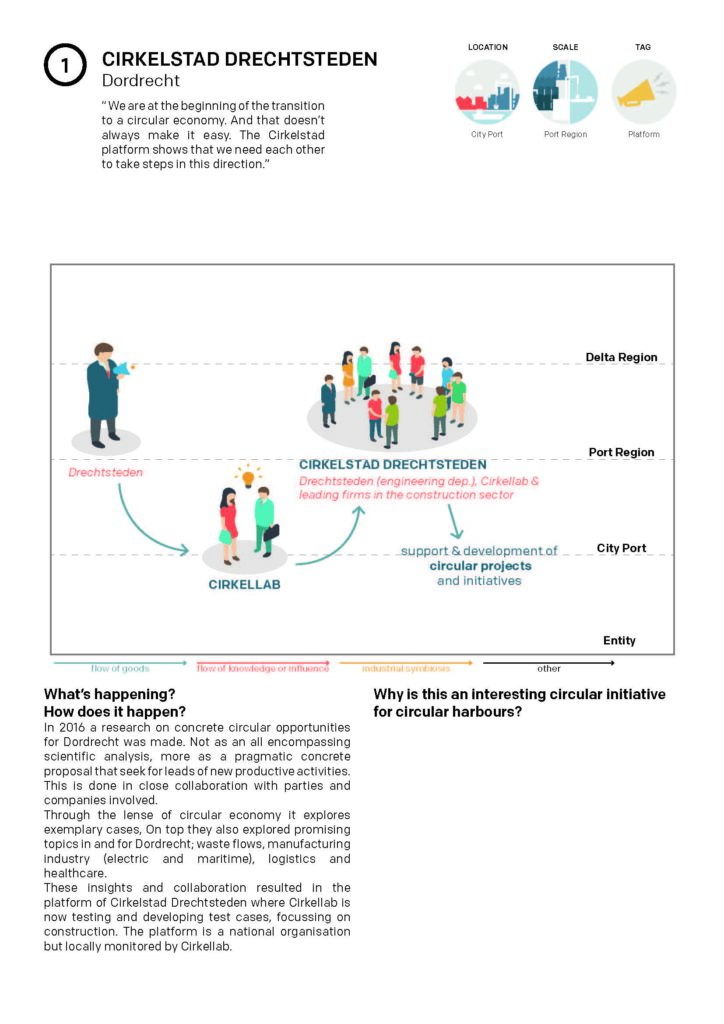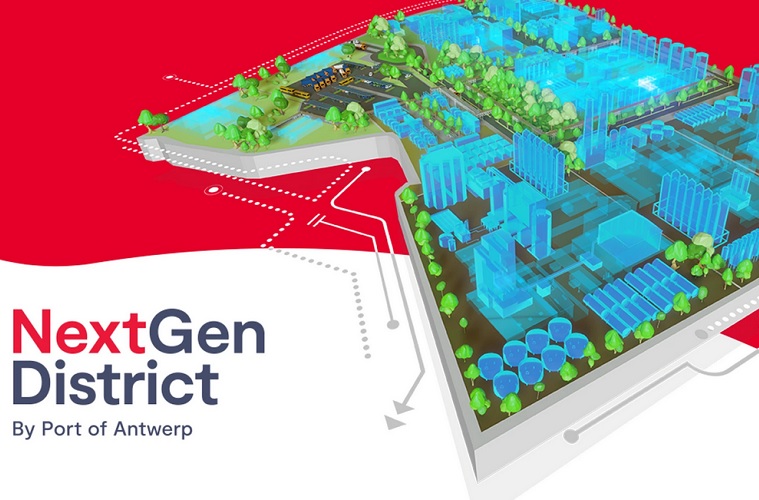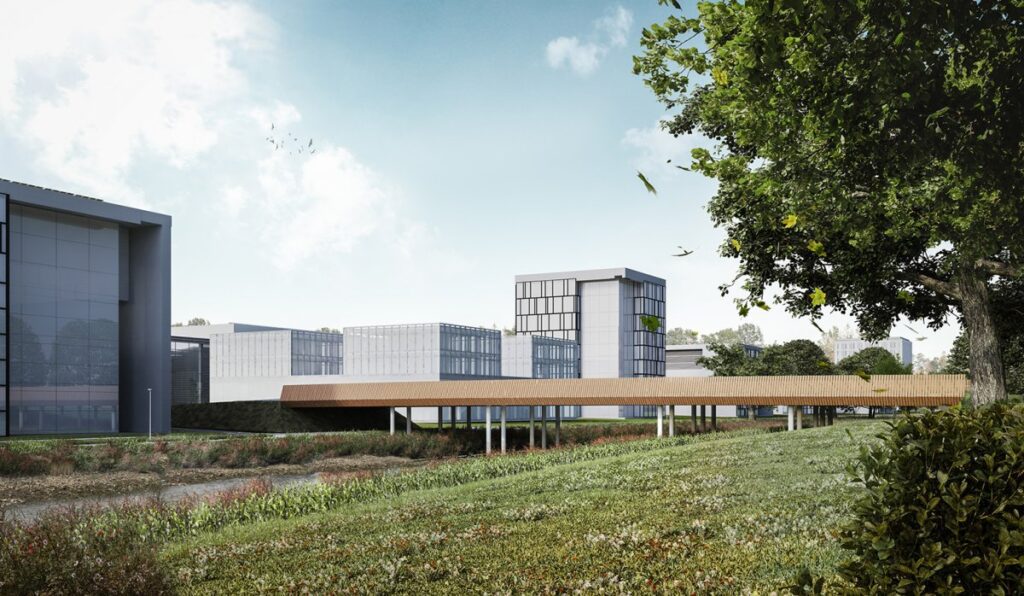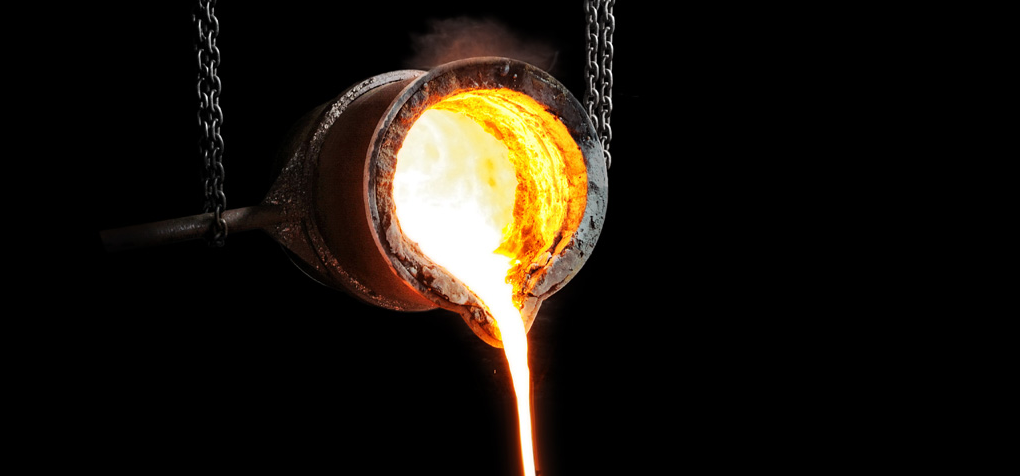An opportunity to share insights and include innovative parties
We are at the beginning of the transition to a circular economy. And that doesn’t always make it easy. The Cirkelstad platform shows that we need each other to take steps in this direction.
What’s happening? How does it happen?
In 2016 a research on concrete circular opportunities for Dordrecht was made. Not as an all encompassing scientific analysis, more as a pragmatic concrete proposal that seek for leads of new productive activities. This was done in close collaboration with parties and companies involved. Through the lense of circular economy it explores exemplary cases. On top they also explored promising topics in and for Dordrecht; waste flows, manufacturing industry (electric and maritime), logistics and healthcare. These insights and collaboration resulted, indirectly after a few years, in the platform of Cirkelstad Drechtsteden where companies are now testing and developing test cases with a focus on construction. The platform is a national organisation but locally monitored by Cirkellab.
Why is this an interesting circular initiative for ports?
The preliminary research and platform both start from the believe that companies should be involved from the beginning, to work together on a incremential way towards more circularity.
What is the relation with the port and water?
Most of the companies involved, have a direct relation to the water: either maritime or construction related.
What is the relation with the city?
Companies are searching for new ways of operating. The platform gives the opportunity to share insights and include innovative parties and networks both business and governmental.
What are the ambitions?
Drechtsteden wants to strengthen their economic position, with a focus on innovation in construction and maritime sector. Working in collaboration with existing companies is made possible by the local operator Cirkellab.
Who is behind it?
The study research was commissioned by the Urban Development department of Dordrecht to Cirkellab. The companies were requesting parties and played out a strong influential role, giving insight in the operationalisation of their practices. Later, in line with this research, Drechtsteden (a collaboration of seven municipalities in the region) commissioned Cirkellab to continue their research on circular opportunities, with special attention to the (re)-manufacturing and the maritime sector.




